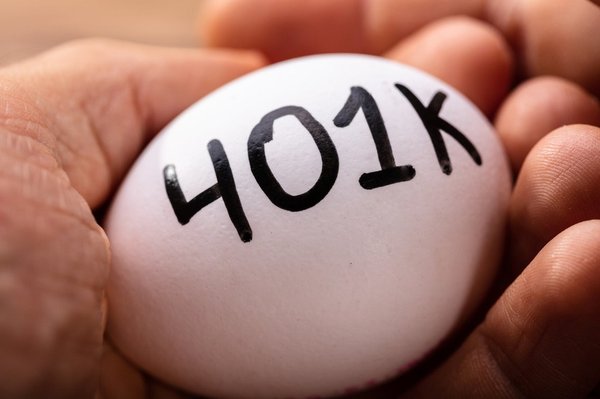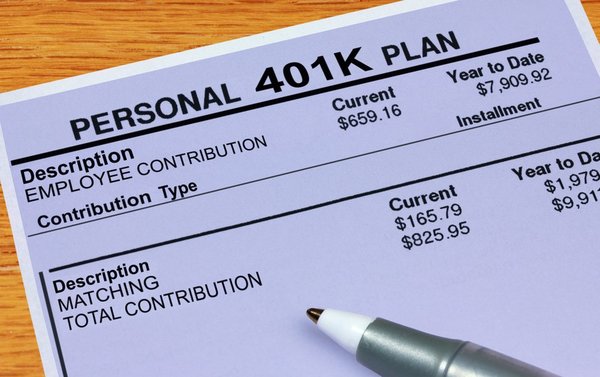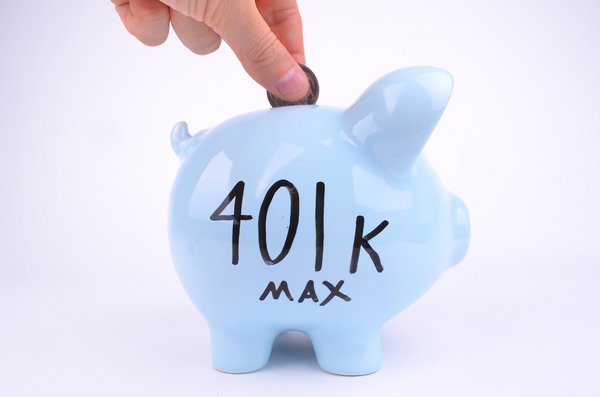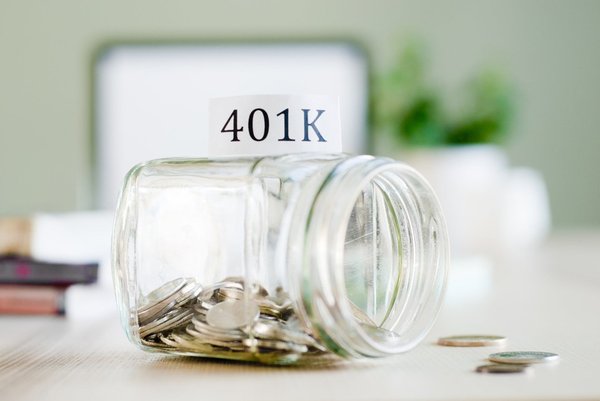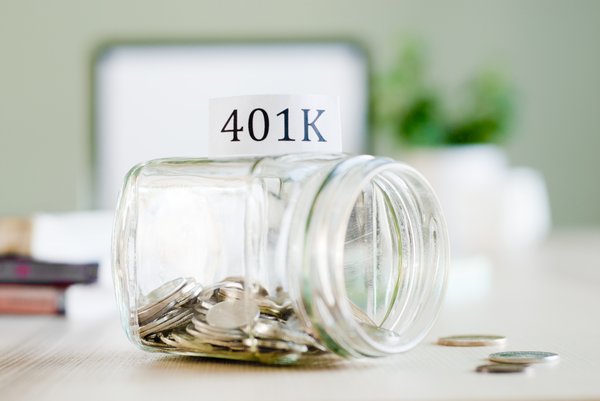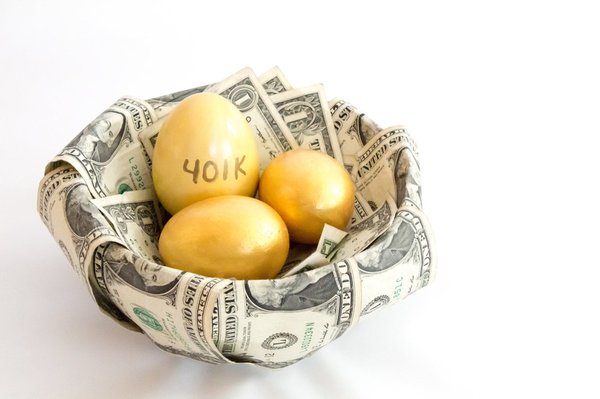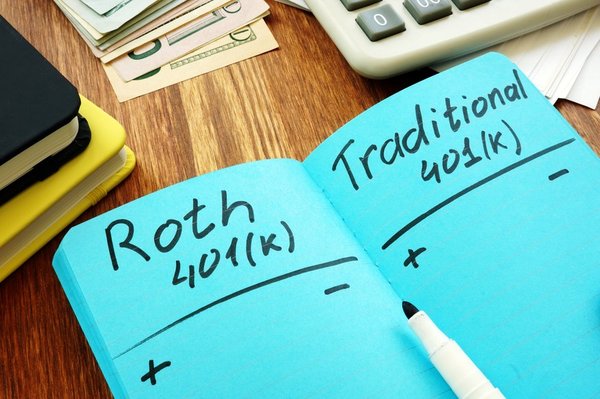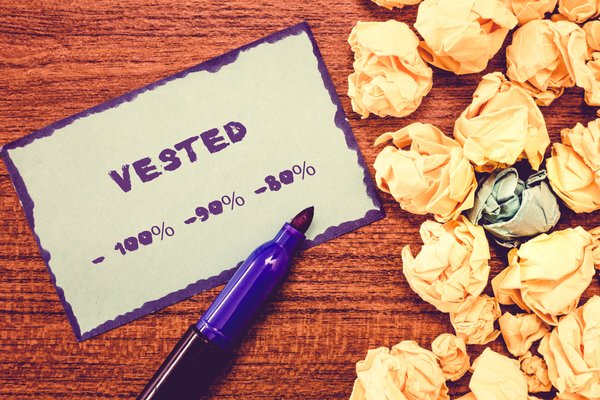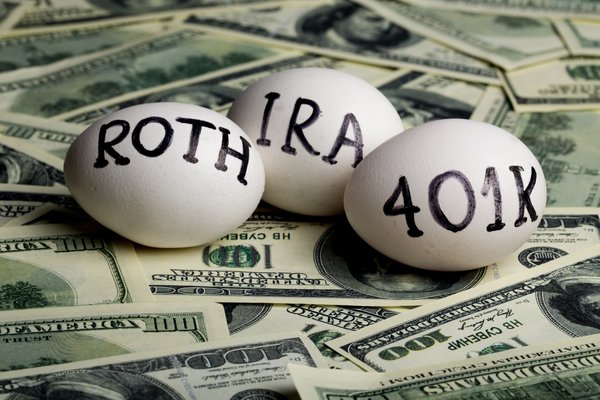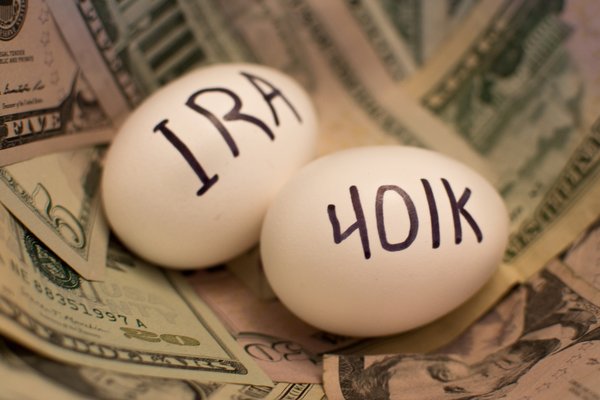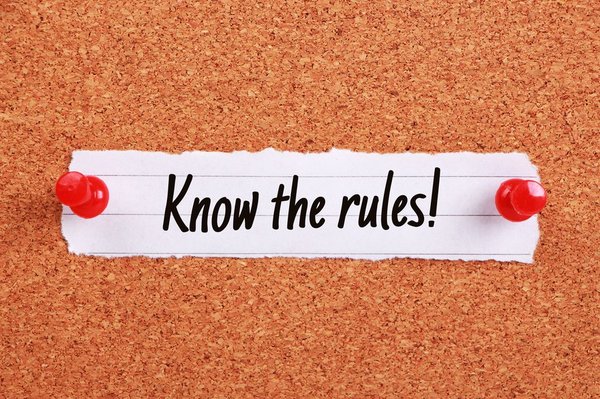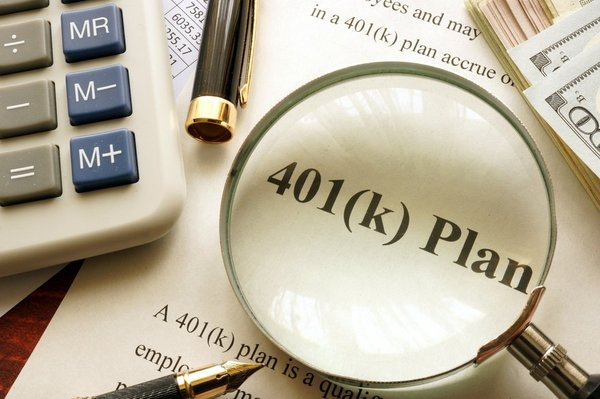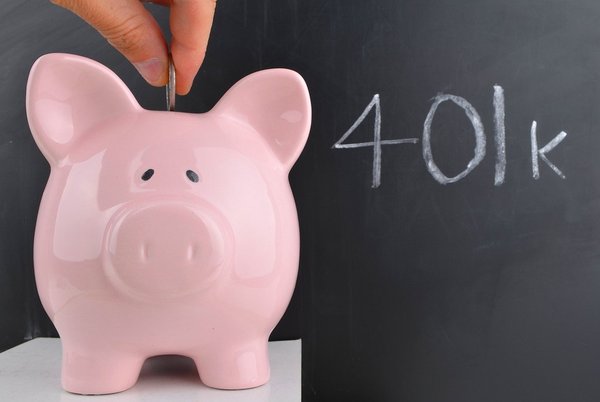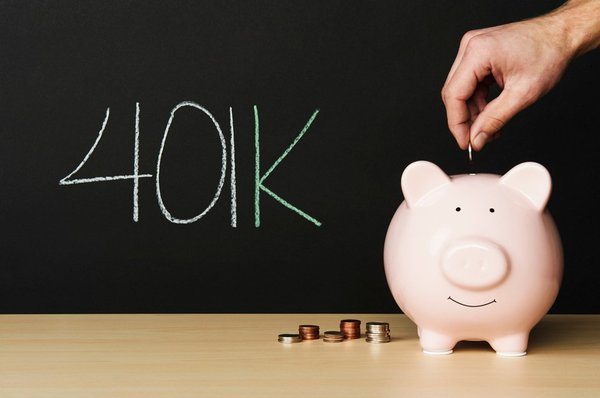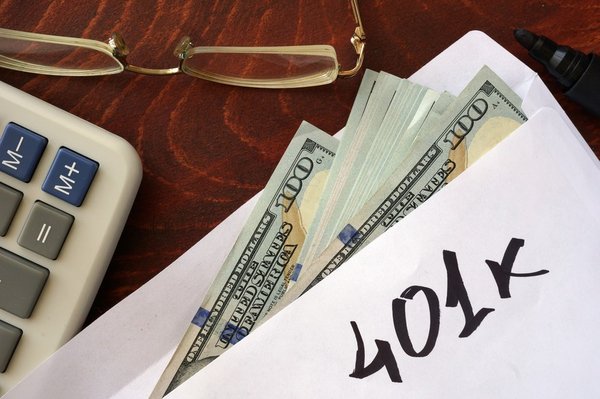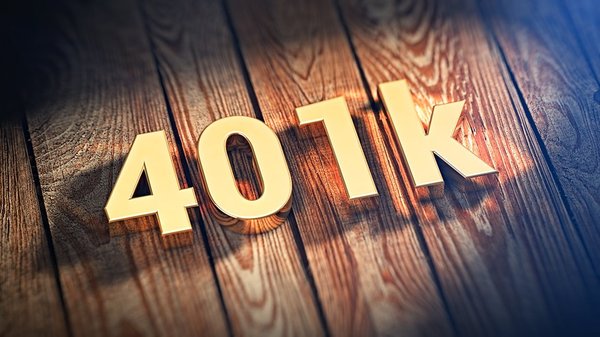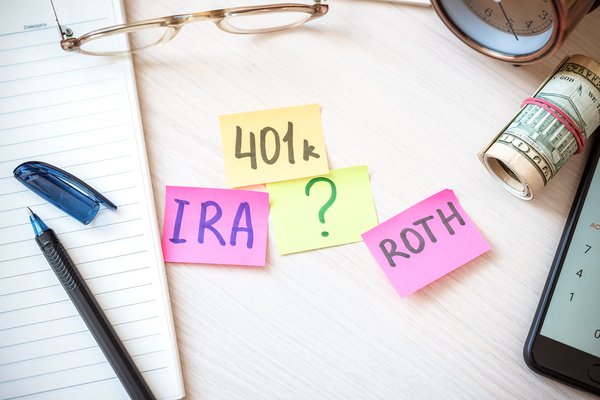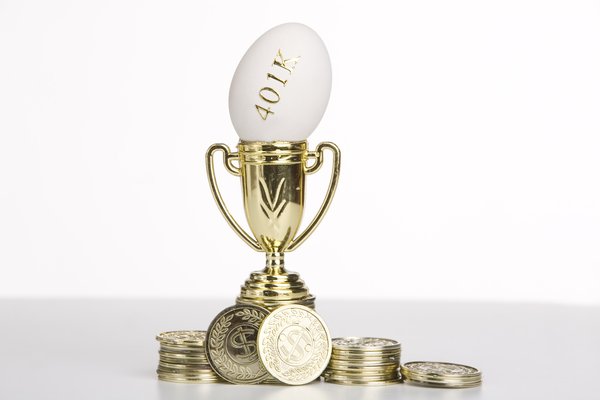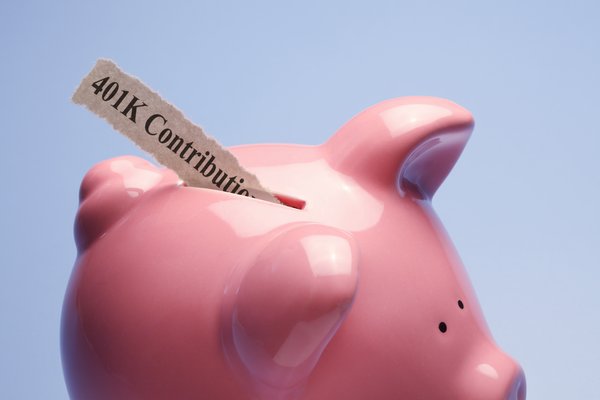Borrowing money from a 401(k) is a common strategy used to get through hard times.
There are some perks to it, including the fact that you don't need good credit to qualify for a 401(k) loan and you pay interest to yourself instead of a creditor. Some Americans decide these advantages outweigh the considerable downsides such as passing up potential investment gains on the borrowed money.
If you're in the process of deciding whether borrowing from your retirement account makes sense, here are seven things you need to know.

1. You can borrow up to $50,000 or 50% of your vested balance
A 401(k) loan is limited to the lesser of $50,000 or 50% of your vested balance. Of course, you can only borrow as much as you have available in your 401(k), so if your balance is smaller, you won't be able to take out a loan for the full allowable amount.
2. You typically have five years to repay the loan
A 401(k) loan must be repaid within five years of borrowing the money from your account. Repaying the loan on schedule is crucial to avoid early filing penalties and other tax consequences, which are discussed below.
3. Not all 401(k) plans will allow you to borrow
Not all 401(k) plans allow you to borrow against your retirement account. If your employer doesn't permit it, you won't have this option available. You'll need to check with your plan administrator to see if you're allowed to borrow and what the maximum loan limits are.
4. If you lose your job, you may have to repay the money by tax day next year
Leaving your job used to trigger a requirement that you repay your loan within 60 days. However, the rules changed in 2018 under the Tax Cuts and Jobs Act. Now you have until tax day for the year you took the withdrawal to pay what you owe.
So, if you borrow in 2021, you will need to repay the full balance by April 15, 2022, or by Oct. 17, 2022, if you apply for an extension. If you borrow in 2022, you'll have to repay the full balance by April 17, 2023, because April 15 of that year falls on a Saturday, or by Oct. 16, 2022, since the 15th of October falls on a Sunday.
This longer deadline does slightly reduce the risks of borrowing. But, if you take out a loan now, spend the money, and then are faced with an unexpected job loss, it could be hard to repay your loan in full.
5. If you default on your 401(k) loan, you'll owe a penalty
If you do not pay your 401(k) loan back as required, the defaulted loan is considered a withdrawal or distribution and thus is subject to a 10% penalty applicable to early withdrawals made before age 59 1/2. That's potentially a huge cost, especially when you also consider the loss of the potential gains your money would have made had you left it invested.
6. If you take a 401(k) loan, you'll pay interest to yourself
When you borrow against your 401(k), you have to pay interest on your loan. The good news is that you'll be paying that interest to yourself. Your plan administrator will determine the interest rate, which is usually based on the current prime rate.
The bad news is that you will pay interest on your 401(k) loan with after-tax dollars. When you take money out as a retiree, you are still taxed on the distributions at your ordinary income tax rate. This means the money is effectively taxed twice -- once when you earn it before using it to pay back your loan and then again when the withdrawal is made.
The interest you pay yourself is generally also below what you would earn if you had left your money invested.
7. 401(k) withdrawals are an alternative to 401(k) loans
A 401(k) loan is generally preferable to a 401(k) withdrawal if you must use the funds in your retirement accounts to meet your immediate needs. A loan is a better alternative because:
- You avoid the 10% early withdrawal penalty that applies if you take money out of your 401(k) before age 59 1/2.
- You'll repay the money to your 401(k) so it will not permanently lose out on all of the investment gains it could have earned between the time of the withdrawal and the time you retire.
Before considering a 401(k) withdrawal and incurring both the penalties and losing gains for the remainder of the time until retirement, you should seriously think about taking out a loan instead if your plan allows it.
Weigh the pros and cons before you take out a 401(k) loan
Always carefully consider the pros and cons before you borrow against your retirement account. Your financial future is at stake when you withdraw invested funds that should be helping you build security in your later years.









